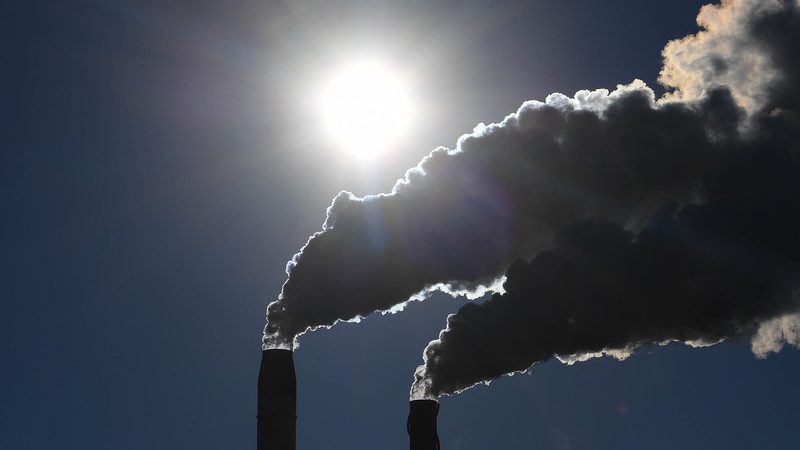Tata Steel’s Port Talbot iron and steel works in South Wales, UK is implementing an improvement program for its blast furnaces, which will reduce the site’s carbon footprint by 160,000 mt/year, the company said Dec. 12.
This reduction is equivalent to the annual emissions from 100,000 cars or those from the energy used by 50,000 households, according to the company.
The two Port Talbot furnaces, which produces 3.6 million mt/year of liquid iron, are powered by high pressure blast air that is heated to over 1,100 degrees Celsius, it said.
Recycled on-site process gases — the blast furnace gases enriched with some coke oven gas and natural gas — will be used to heat the air in seven refractory brick-lined stoves, before it is injected into the blast furnaces, the company said.
As part of the improvement program, burners in three of the seven stoves are being upgraded with two new best available technology units, Tata said, adding that it would also be replacing many of the refractory bricks that store heat and make hot blast air.
The work is being carried out while the remaining operational stoves are in use, Tata said.
The upgrade work is due to make a significant difference to the mill’s carbon footprint, its energy costs and operational stability and efficiency, Tata Steel Project Manager Andrew McGregor said.
“Stoves are critical to the running of our blast furnaces,” McGregor said. “Any loss of efficiency in heating the air means we either have to use more gas than optimum, or replace that lost energy by using more metallurgical coke to chemically reduce the iron ore inside the furnaces.”
Tata Steel UK has a crude steel capacity of 5 million mt/year and aims to reduce its total CO2 emissions by 30% by 2030 and be a carbon-neutral steelmaker by 2045, in line with the UK’s ambition to be net-zero by 2050.
In November, Tata announced it was installing digital scanning technology at its no. 5 blast furnace at Port Talbot to reduce the amount of coke used in the furnace, assisting decarbonization, similar to the technology installed at the works’ no. 4 blast furnace in 2021.
In October, the company said it was cutting the energy use and the carbon footprint of the hot rolling mill at the plant by using laser technology at the site’s two slab re-heating furnaces.
Platts, part of S&P Global Commodity Insights, assessed the weekly UK hot-rolled coil price at GBP615/mt ($755.29/mt) DDP West Midlands Dec. 8, down 25.9% from the start of 2022.
— Ekaterina Bouckley






